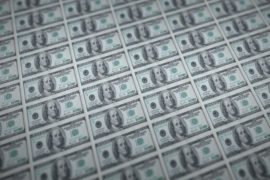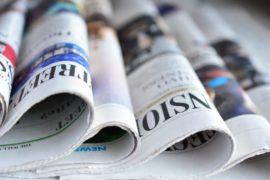In the largest bailout since the Great Recession, the Fed has bought $1 Trillion in mortgage bonds, expected to eclipse 34% of the market by years end.
Does This Help Me?
This action was a drastic attempt at stabilizing the refinance market to allow homeowners to ‘get a raise’ by refinancing at a lower rate. This action funnels money to homeowners who are above water and likely to survive any extended recession.
This means it’s probably the right time to refinance if you haven’t already.
[offer_refi]
Is This Unprecedented?
Often called ‘Quantitative Easing (QE)’, this financial move is common in recessions when market stability is at its weakest. Since QE introduces inflation, it is only used in cases where the market could potentially collapse without intervention.
Why Not All The Time?Well, inflation can be a killer to the economy as well. Rising inflation devalues the dollar. Eventually inflation will reach such a steep incline that money can become worth less than the paper it’s printed on.
Now, this would take an exceptional amount of inflation/QE to happen to the US Dollar, but the micro-effects of printing cash have macro consequences.
Are We On The Brink Of Collapse?
This is why tools like QE exist, to intelligently inject money into our economy when necessary and pull back when the going’s good. One of the drawbacks of the President’s plan to limit interest rate increases is that rates didn’t have far to go when we entered an unexpected dip thanks to the pandemic. Increasing rates is like saving for a rainy day fund. The White House’s strategy was to live in Arizona, but we quickly (and unexpectedly) found ourselves in Seattle.
While we aren’t on any imminent brink of collapse, we for once will be watching the commercial mortgage market as more and more companies opt for the cheaper solution of work from home. This may quickly and fundamentally change the infrastructure and operation




